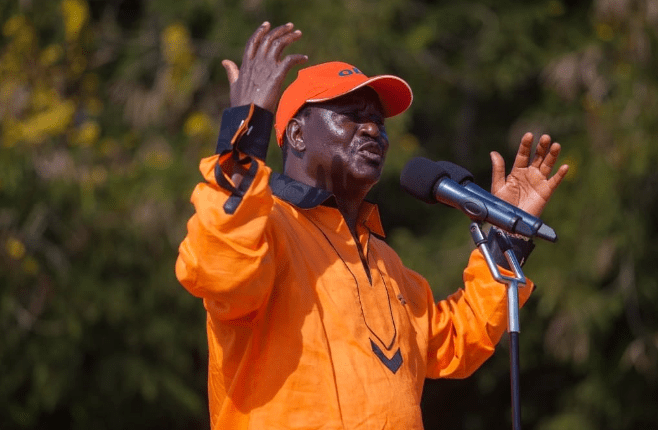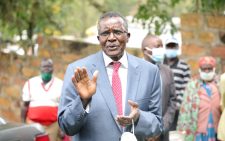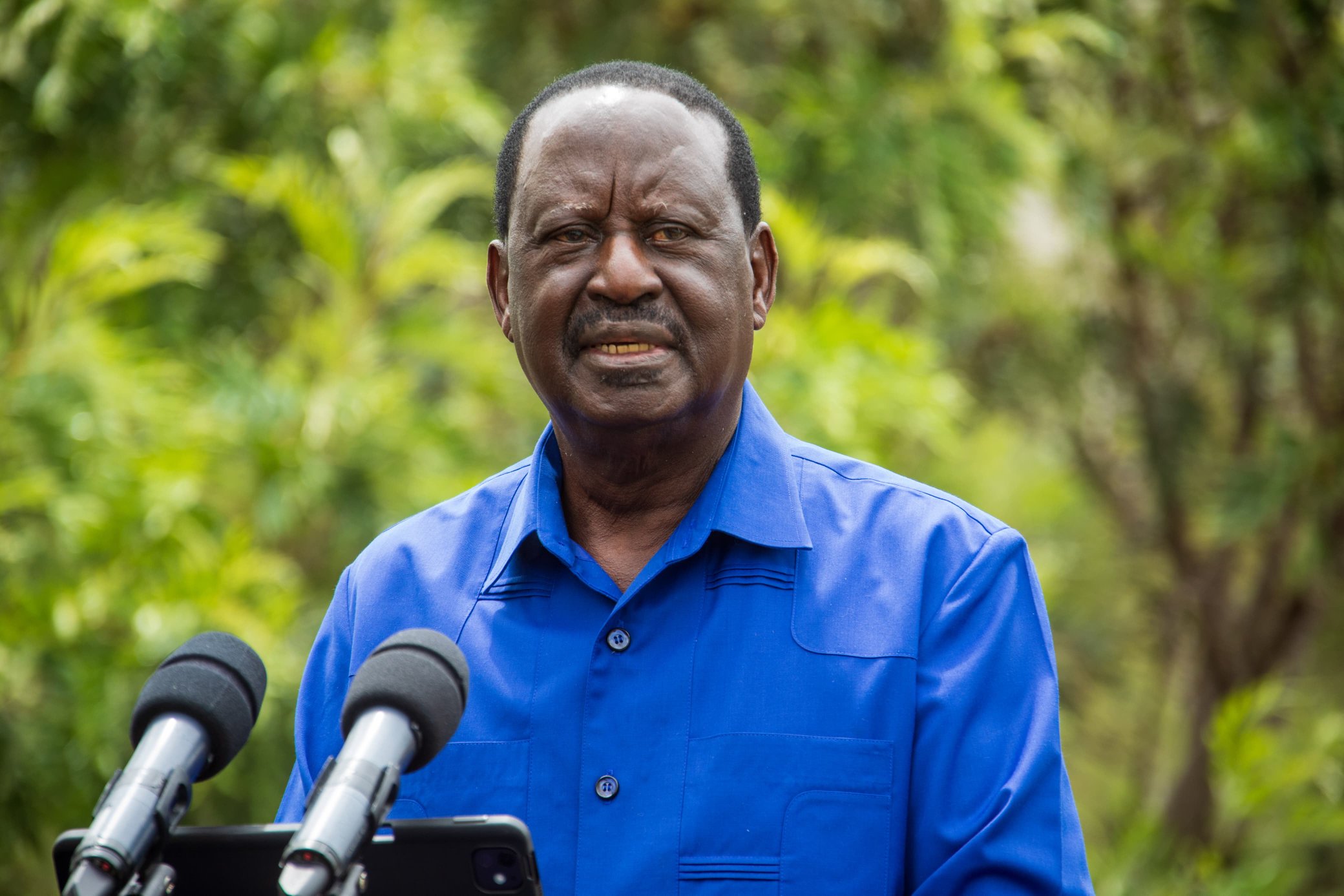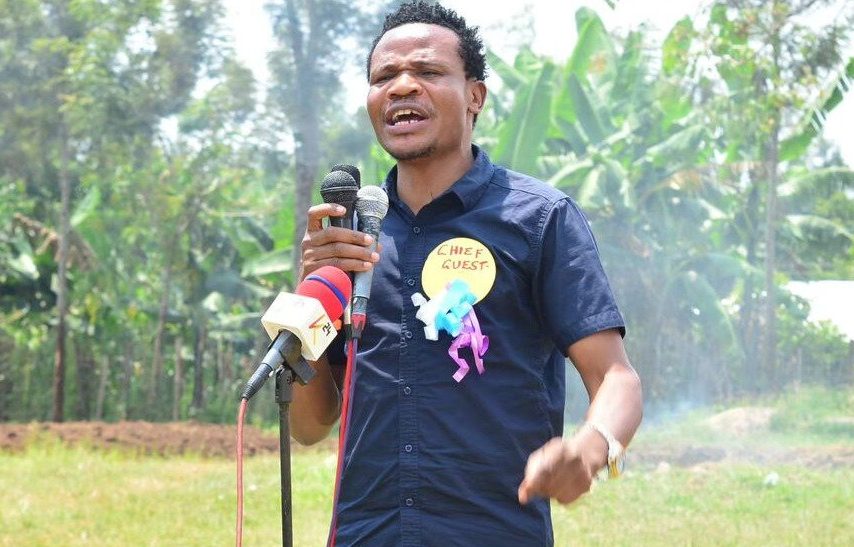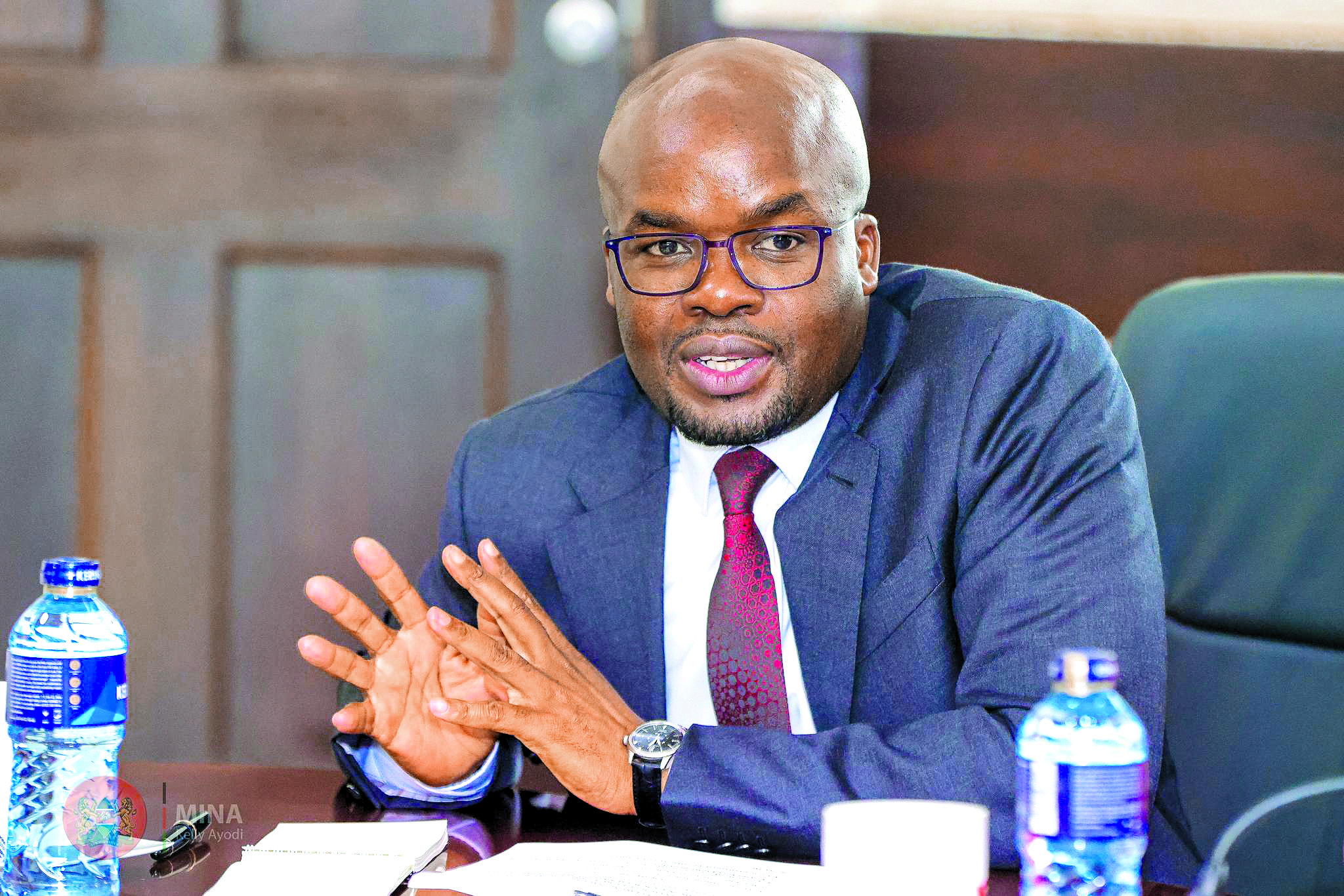Experts mull ways to tackle learning loss

With the disrupted academic calendar, which saw over 16 million learners out of school last year, educationists are worried that the long closures, and now the prolonged stay in school to cover up for lost time, although temporary, will have a long-term impact on students’ outcomes.
Like other children in Kenyan schools, seven-year-old Zanetta Mumbi is in third term, according to the new academic callendar by the Ministry of Education.
A pre-primary one pupil at a Kitengela-based school, Mumbi would well be in Grade One had the Covid-19 pandemic not gripped the world, disrupting learning and teaching activities.
The education of many young people has been disrupted creating a situation of overgrown pupils and students who should have transitioned to the next level of their academic journey, but lacking competency in their current level.
However, according to education stakeholders, the more serious concern is that due to long periods spent out of school, many children forgot what they already knew, a regression that will be much harder to remedy.
Grace Mwikali, a pre-primary school teacher says most children show steady improvements throughout the terms, but this can regress, sometimes radically, during the time they are out of class, such as school holidays, particularly in subjects such as mathematics and reading.
For kindergarten pupils, it may have some serious consequences, such as delaying their cognitive, emotional and social development.
“The disruptions have had a negative impact on these children. Many are still unable to read and do simple mathematics exercises which they would by now be doing.
As teachers, we have to keep revising in class for learners to grasp the ideas,” she notes.
When schools reopened in January, the government resorted to shorten school holidays and elongated school terms to cover up for lost time, an approach that has been criticised by some sector players.
Education experts aver that children remaining longer in schools, while it is meant to help the learners, has a negative effect on school discipline and career progression among other critical aspects of a child’s life.
To address effects of disruption of education programmes during the pandemic, the World Bank in partnership with the United Nations Children’s Emergency Fund (Unicef) and the United States-based John Hopkin University have formed a Covid-19 Global Education Recovery Tracker, which will be used to capture the status of schooling, modalities of learning, availability of remedial educational support and the status of vaccine availability for teachers.
The tracking tool is expected to help create a roadmap on the recovery efforts as pupils return to school to revamp on lost time and resources accruing from the pandemic, which has rolled over to the second year.
According to the World Bank, before the pandemic, the proportion of 10-year-olds unable to read a short, age-appropriate text was 53 per cent in the low- and middle-income countries, compared to only nine per cent in high income countries.
A year into the pandemic, continued disruptions to schooling, shifts in learning modalities, and concerns for students’ well-being are ever greater, and this learning crisis is getting worse.
“Covid-19-related school closures are likely to increase learning poverty to as much as 63 per cent.
The world is facing a learning crisis,’’ said Jaime Saavedra, World Bank Global director of education.
Tracking operational status
According to Dr Saavendra, the return to school requires accelerated, remedial, and hybrid learning, as well as other interventions.
The World Bank official believes collecting and monitoring data on what countries are doing is critically important to help understand the magnitude of what support is needed going forward.
In addition to tracking the operational status of schools, the tracker will also monitor how students are being supported.
This includes changes to the school year schedule, tutoring, and remediation, especially for the primary school grades.
Of the 130 countries where vaccine information was available, more than two-thirds are not currently vaccinating teachers as a priority group.
According to Kenya’s Ministry of Health, at least 84,000 teachers had been vaccinated against Covid-19 by mid-April 2021.
This is against a 110, 000 Teachers Service Commission (TSC) target list. Experts believe that increasing the number of school staff vaccinated will help in the education recovery from the effects of the pandemic. “Even as vaccines are rolled out worldwide, for hundreds of millions of the world’s schoolchildren, the consequences of this pandemic are far from over,” said Unicef Chief of Education Robert Jenkins.
On its part, the government has allocated extra funding for the boosting digitalisation in schools.
During the 2020/2021 financial year, the education ministry received a Sh 497.7 billion. Of this total, Sh 2 billion was for the employment of teachers and another Sh 300 million for the employment of tutors with ICT background to support digital learning —one of the key channels of teaching and learning during the Covid-19 school closures.


